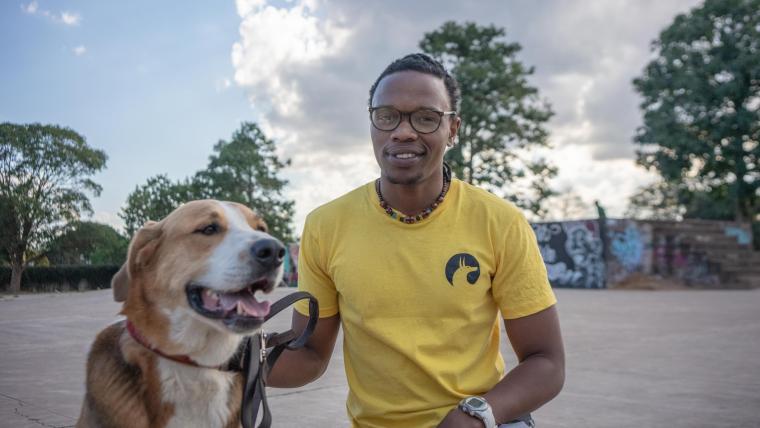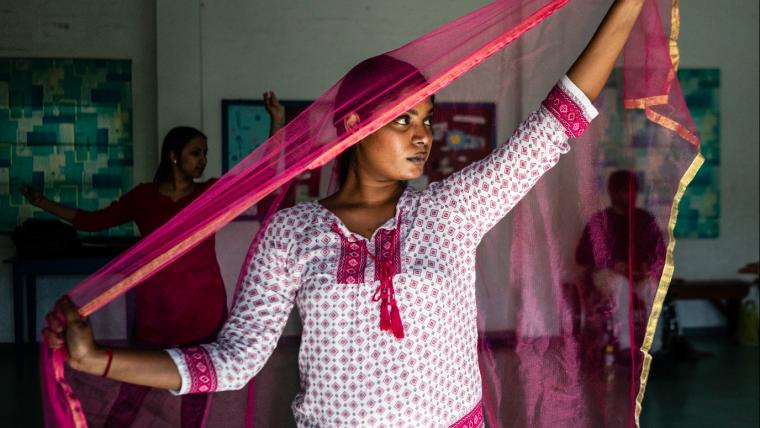
This innovator is rooting out plastic pollution with cassava plants
Do you know how much plastic you’re collecting in your shopping cart? A trip to the store not only comes at a cost to your budget, but the planet too. Chemical engineer and ecologist Libbis Sujessy is using nature to get to the root of this problem in Indonesia. Together with the social enterprise Greenhope, she’s developed Ecoplas, a bioplastic made from cassava plants that’s providing an eco-friendly alternative in packaging and manufacturing.
Sujessy and her team use their widely-tested technology to complete the recycling life cycle by returning their material to the earth. Collaborating with local farmers who traditionally harvest cassava plants as a food source, they provide certified trade prices for their work. “Cassava is so easily grown anywhere in nature or dry land,” Sujessy says. After extracting tapioca which is the plant’s starch, her organisation ferments it to create polylactic acid, resulting in a product that can be used to substitute conventional plastics. “Ecoplas is an entirely new type of cassava-based material, specially made for sustainable packaging and products,” Sujessy says. With the addition of oxium to their invention, they’ve achieved plastics that can break down. “We are not the first innovators in the world changing the conventional plastics,” Sujessy says. “But we have three different technologies in one house, from oxo-biodegradable, biodegradable, and also compostable.”
Partnering with manufacturers, NGOs, and the Indonesian government, Sujessy and her team have been able to make items ranging from shopping bags to landfill covers. As leaders in agritechnology combining modern innovation with local knowledge, they are ensuring plastic no longer needs 1 000 years to decompose. “It’s possible to have a future with green plastics,” Sujessy says.
Footage and images by Greenhope were used in the creation of this film.






























Please sign in to leave a comment